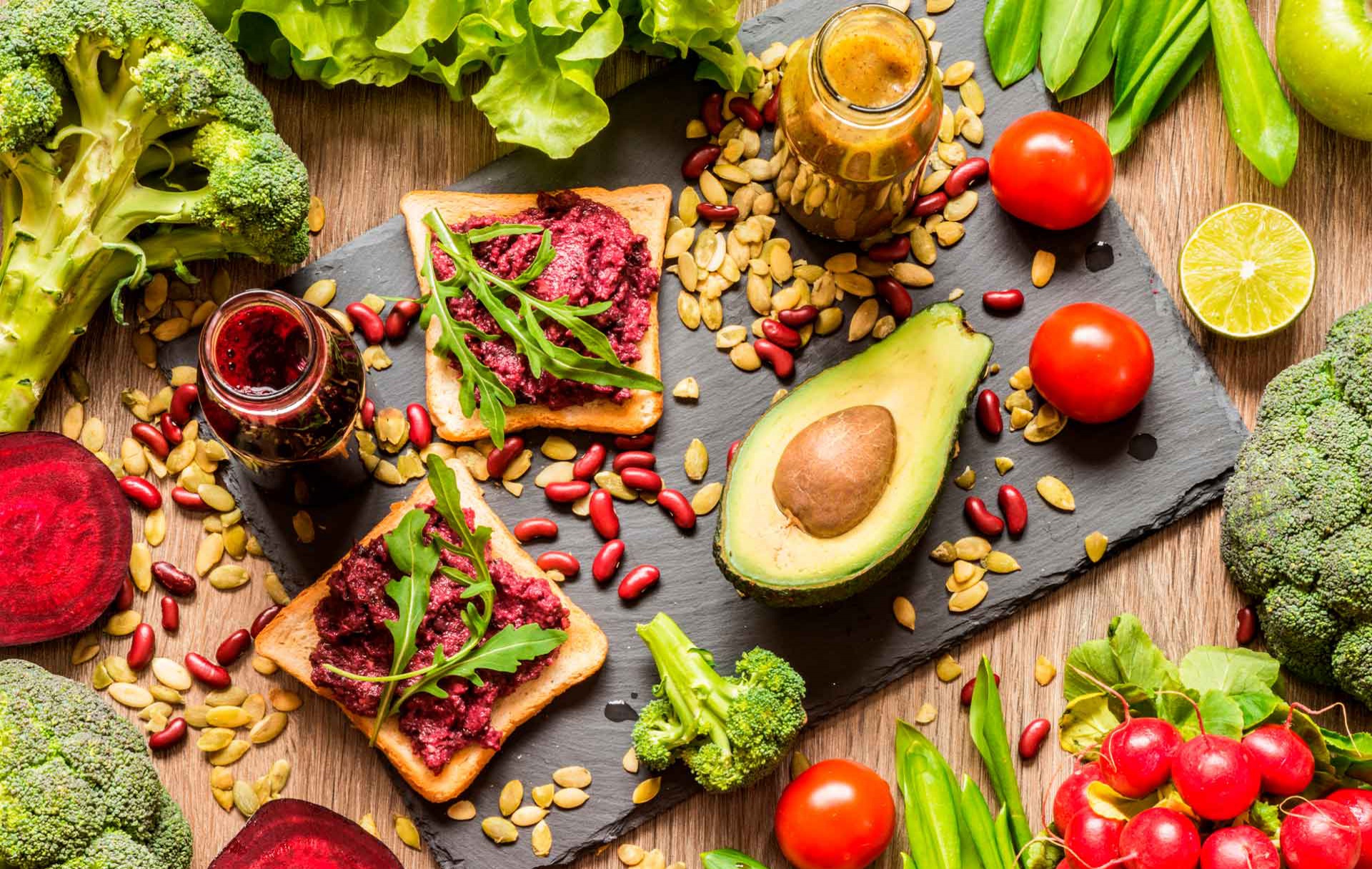The controversy surrounding vegan diets usually centers on the fact that many food traditions and cuisines include animals as food. People often feel conflicted at the thought of abandoning aspects of their traditions in favor of veganism. Additionally, many people greatly enjoy the taste of animals and therefore do not like the thought of giving up a favorite food. However, research shows that people can eat very healthily on a vegan diet and when considering the positive impacts for the environment of eating less meat, not to mention minimizing animal suffering, you can see why some people view veganism as a good choice.
Here at La Española, we are tackling one of the biggest, most enduring, dietary trends out there: veganism, also known as the plant-based diet. First, we start by shedding some light on what it means to be a vegan.
What Exactly is Veganism?
For many, veganism is actually a lifestyle, and not just a diet, because it can also have implication beyond what you eat. This is what sets it apart most starkly from other diets, because other diets, understandably, focus on food choices and how food fuels your mind and body. However, that being said, there are people who follow a vegan diet, but not the vegan lifestyle.
To put it simply, veganism is the practice of abstaining from the consumption and use of animals and animal products, particularly in diet. In short, if a food or everyday product is sourced from an animal in any fashion – vegans abstain from eating or using it. Veganism is considered an ethical lifestyle choice, requiring a high degree of discipline.
The Many Facets of Becoming a Vegan
There are various degrees to which people undertake a vegan diet or lifestyle. The strictest degree involves completely removing animal-sourced food and products from your diet and lifestyle. This means dressing in cotton, rather than leather, for example. It also means that meat, dairy products, eggs and the like are not options.
Being a strict vegan can be a complicated lifestyle to undertake, at least at first. Luckily, because veganism is popular and growing as a trend there are lots of options available, you just need to ask around or do a little research.
Individuals interested in the vegan lifestyle, but who aren’t ready to go “all the way”, may introduce smaller changes to their lifestyle to shift toward a more plant-centric vegan lifestyle. This may mean that they take on a vegan diet, but don’t apply to same rules to other items they consume. Even though it may not be an option right away to be vegan, there is no harm in eating more vegan meals! You can start with one day a week.
What Do Vegans Eat?
Ah! The most important question for many! After all, food is fuel and will have a big impact on how you feel overall.
Vegans eat grains and legumes, beans, and the hundreds of vegetables and fruits available. In addition to these healthy whole foods, many brands offer vegan alternatives for tasty treats. There are also many brands making household and personal products, such as cosmetics.
We obviously love olive oil here, so we are pleased to point out that olive oil is vegan as it is sourced exclusively from plants. Just check out this cool chart we created to convert butter to olive oil in recipes.
While many people worry from the outset about whether a vegan diet is good choice, we recommend talking with a nutritionist, your doctor or doing some research. Remember doctors do recommend eating mostly whole foods and lots of vegetables! Many people who have switched to a vegan diet have found renewed health and significant increases in energy, weight loss is also common, as well as lowered cholesterol.
If you are considering becoming a vegan, make sure to research healthy, balanced recipes, and enjoy the journey! Good luck!
